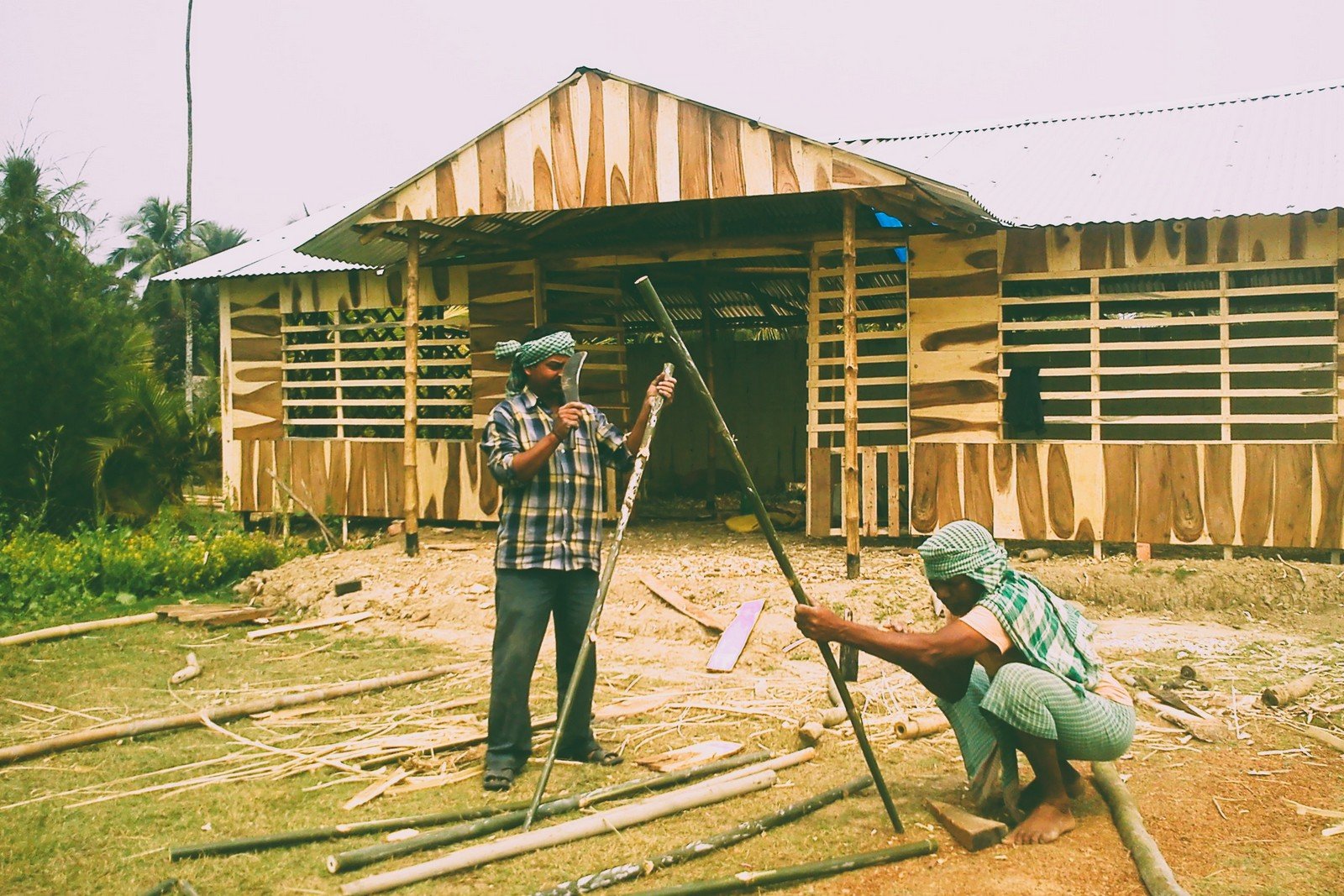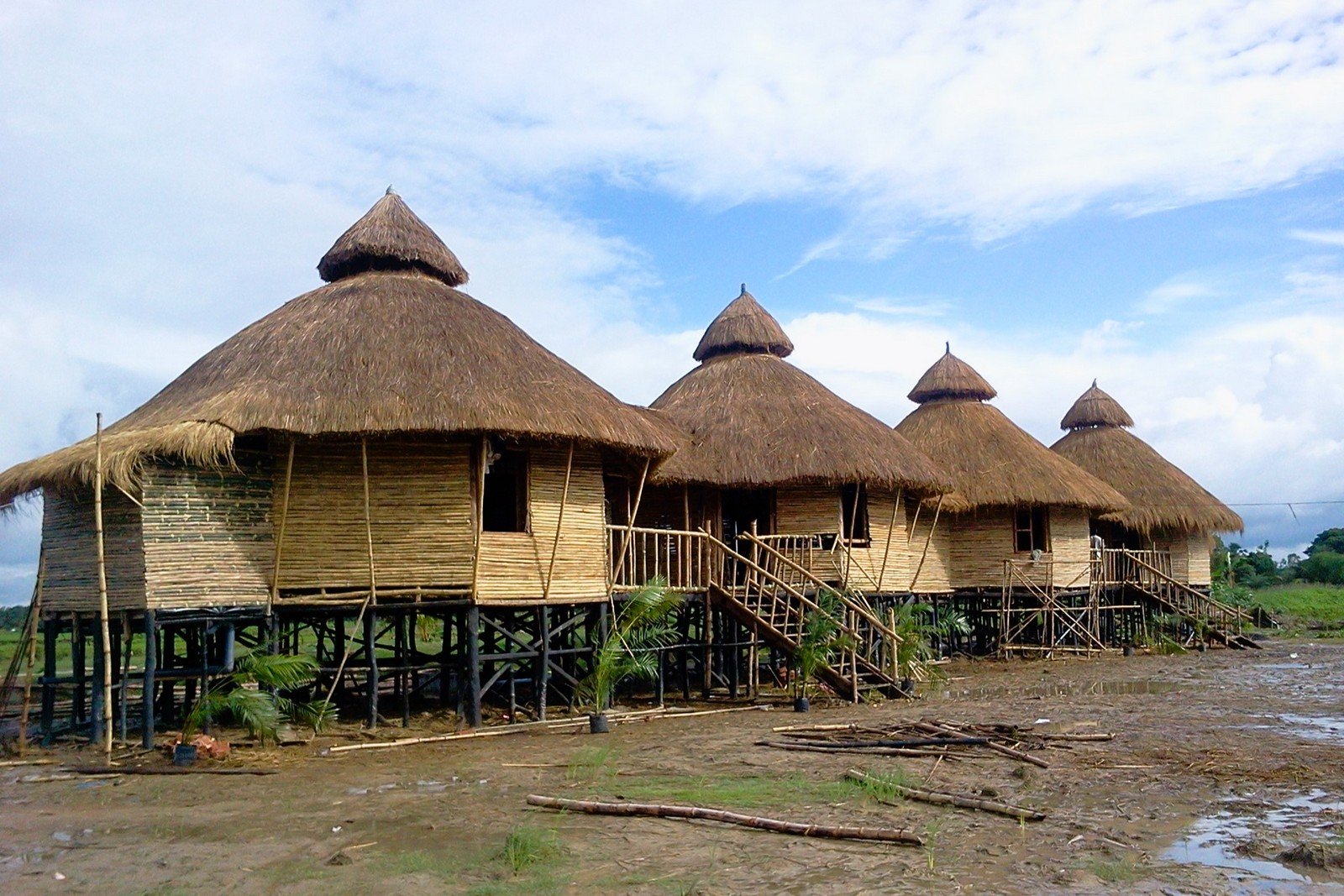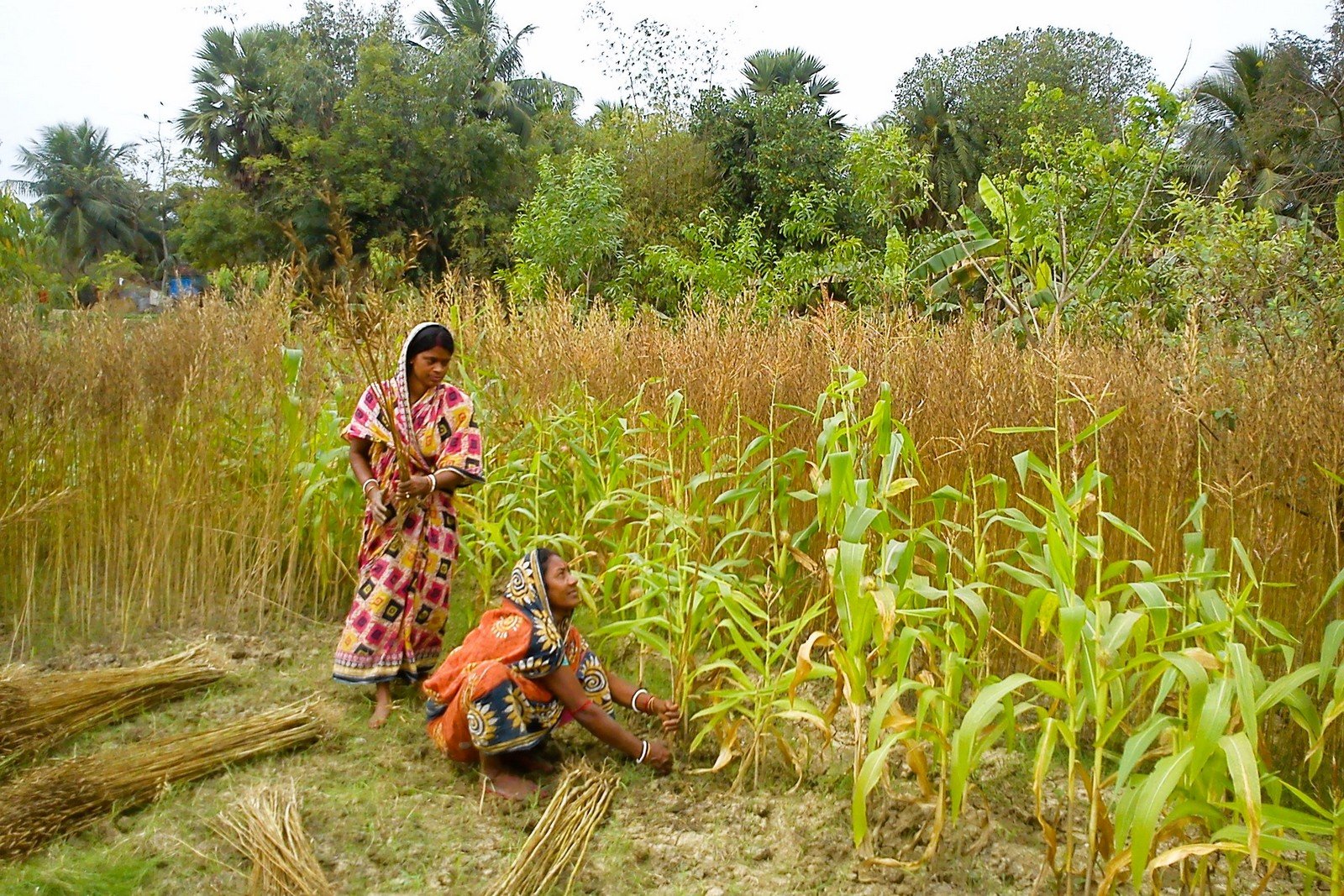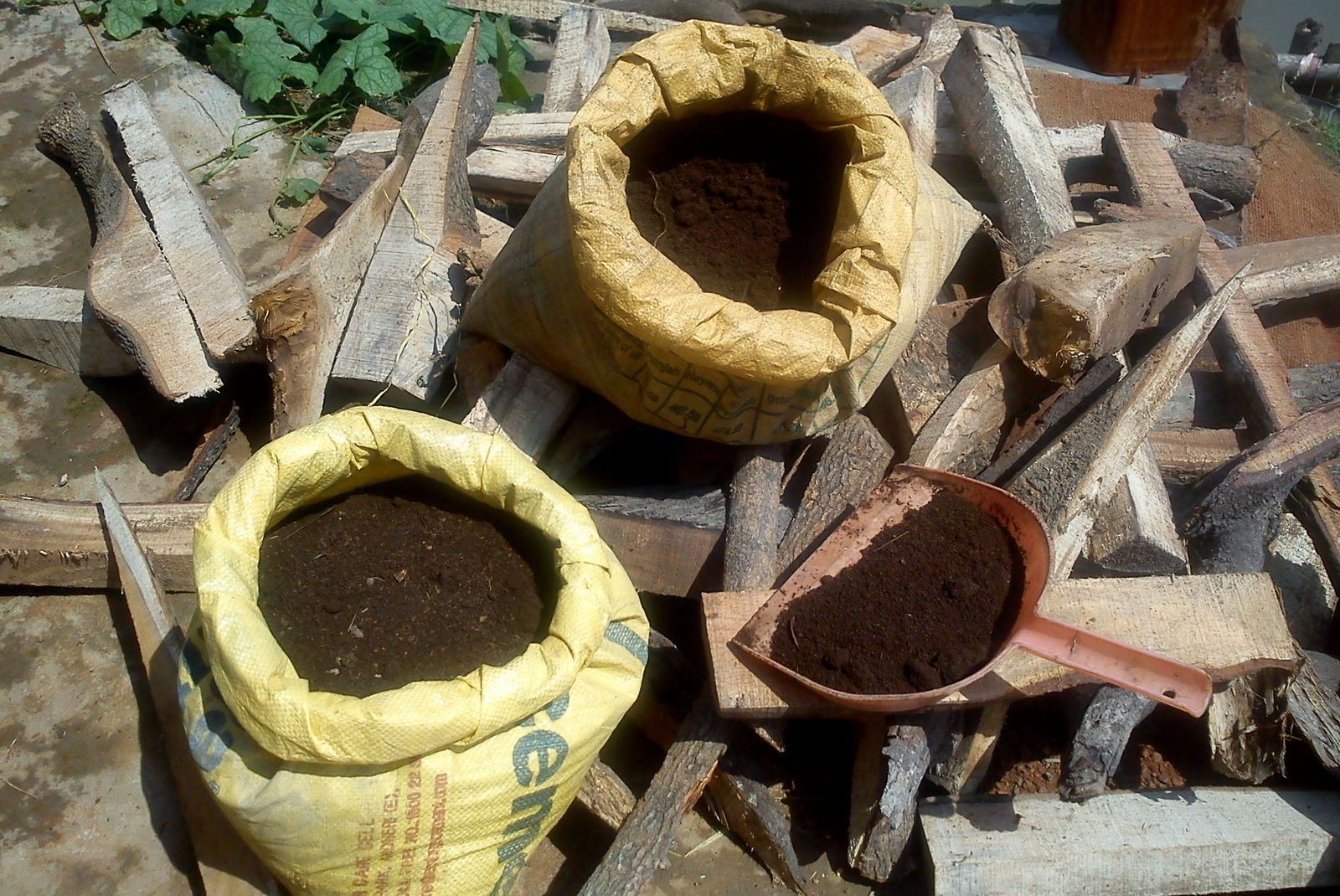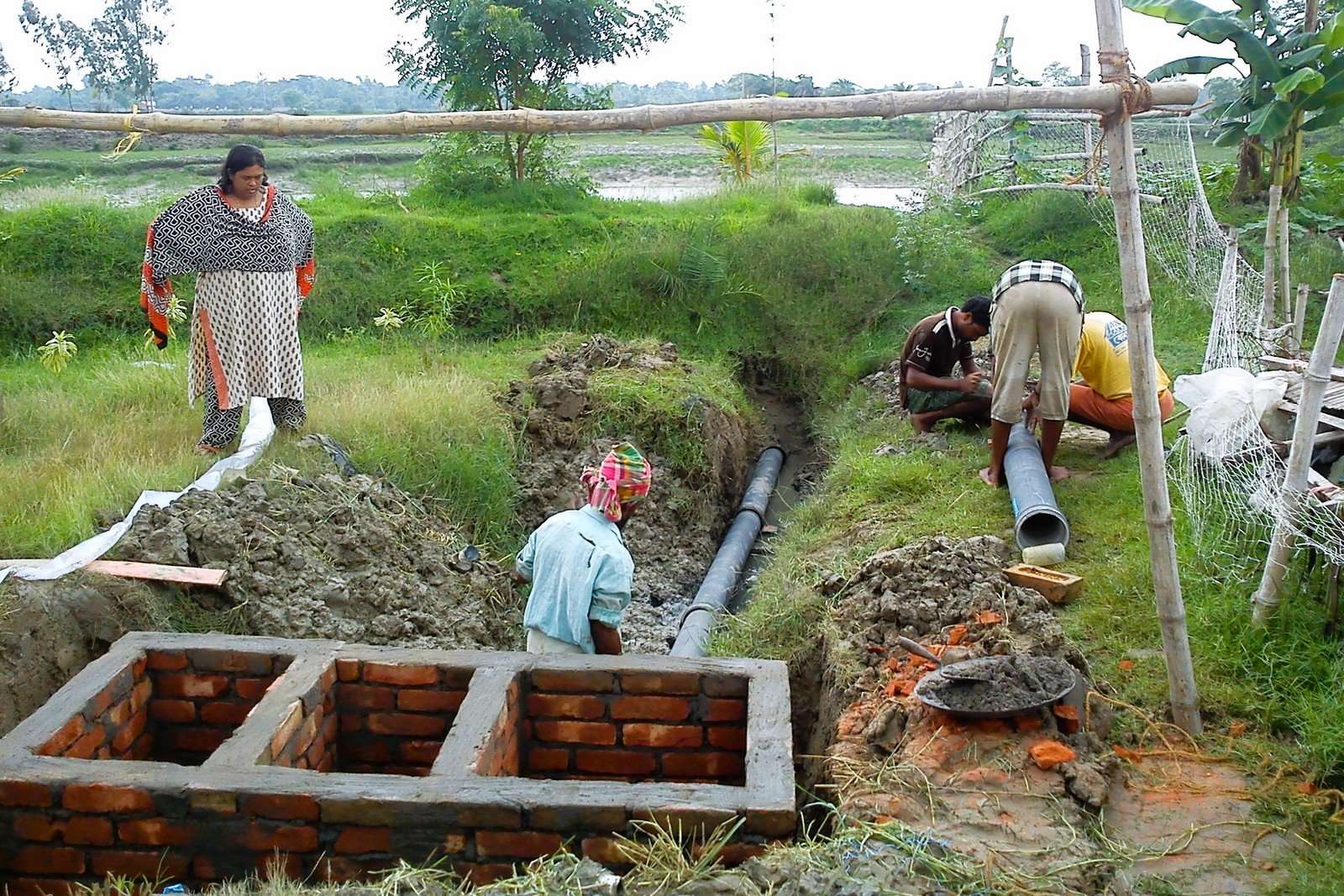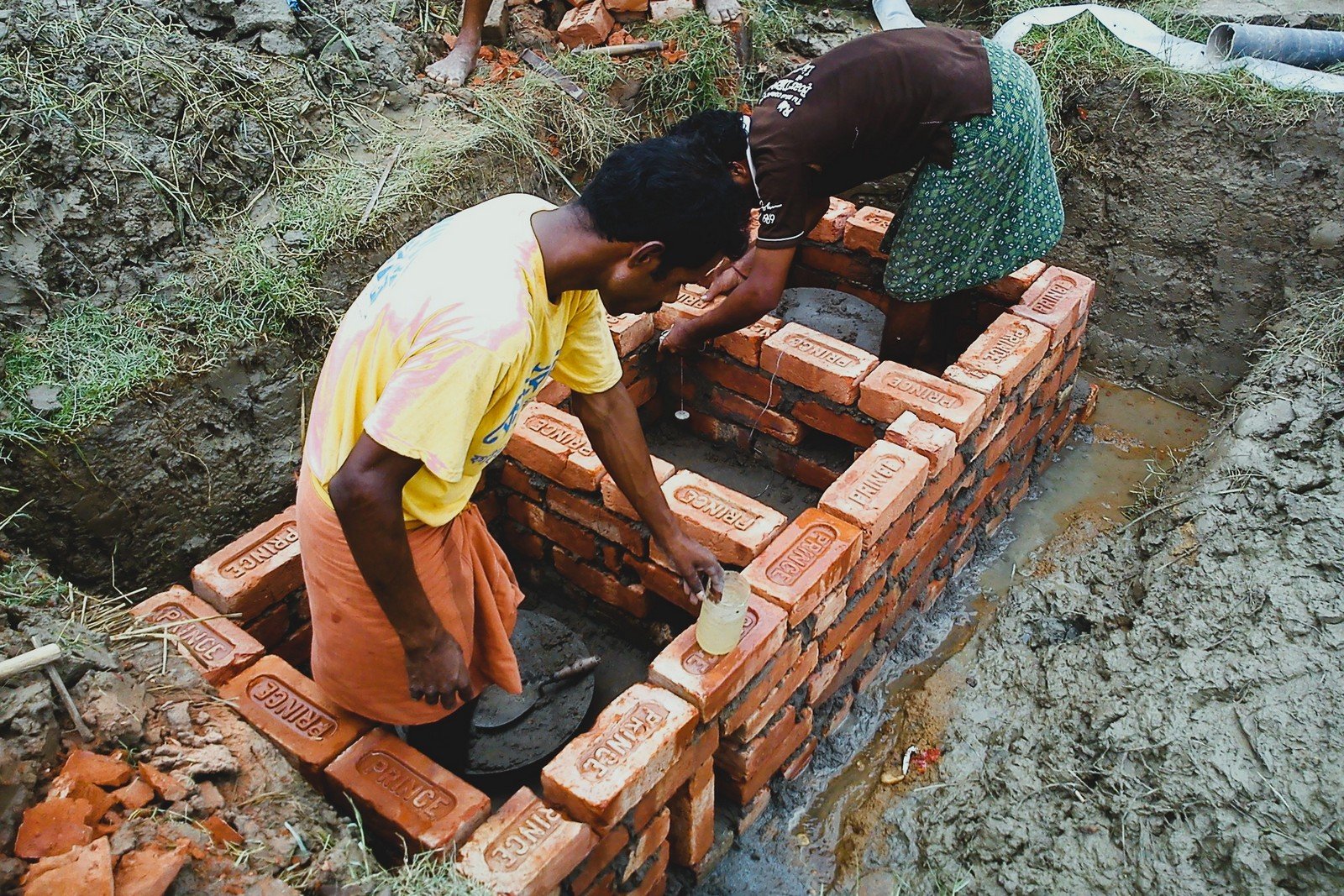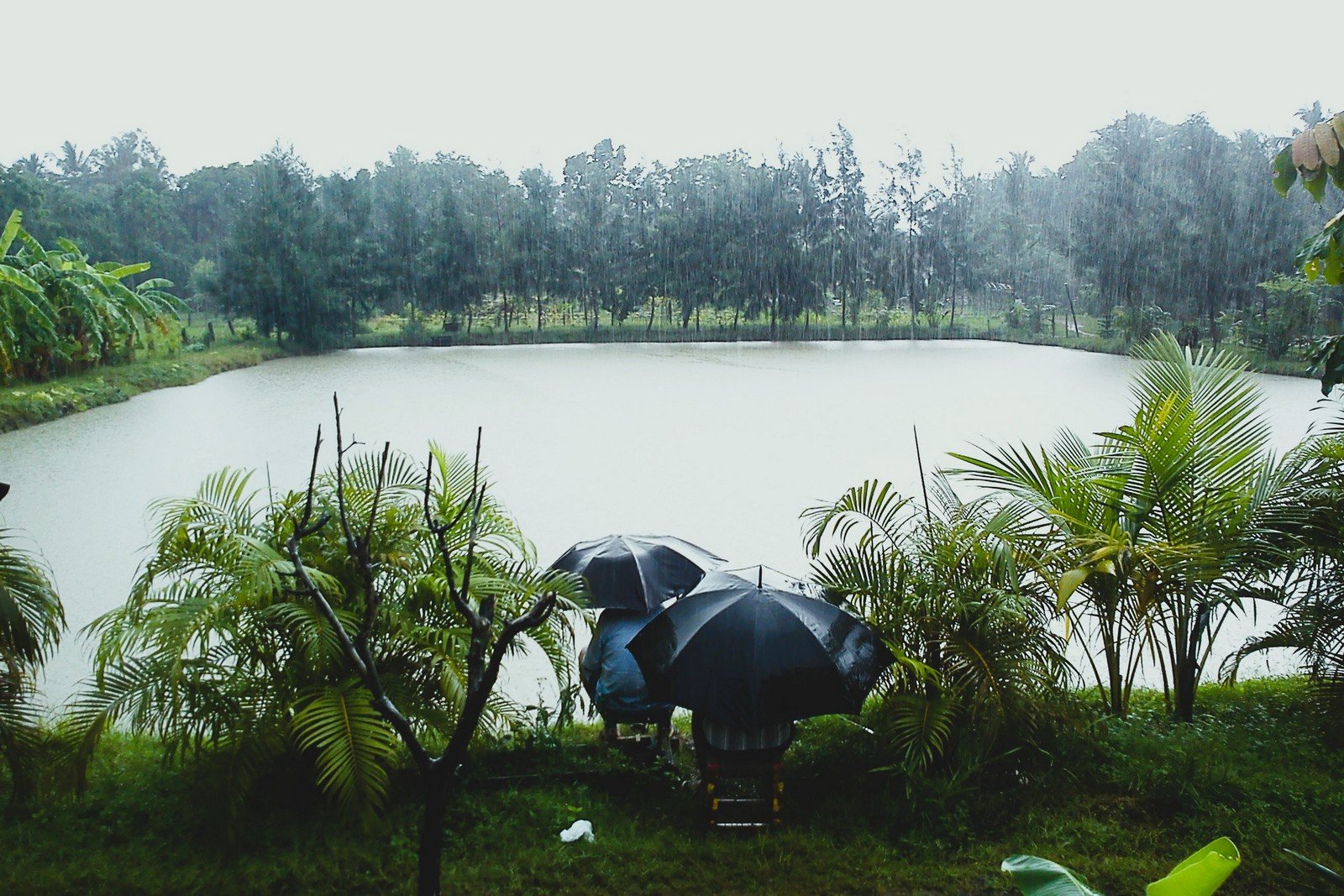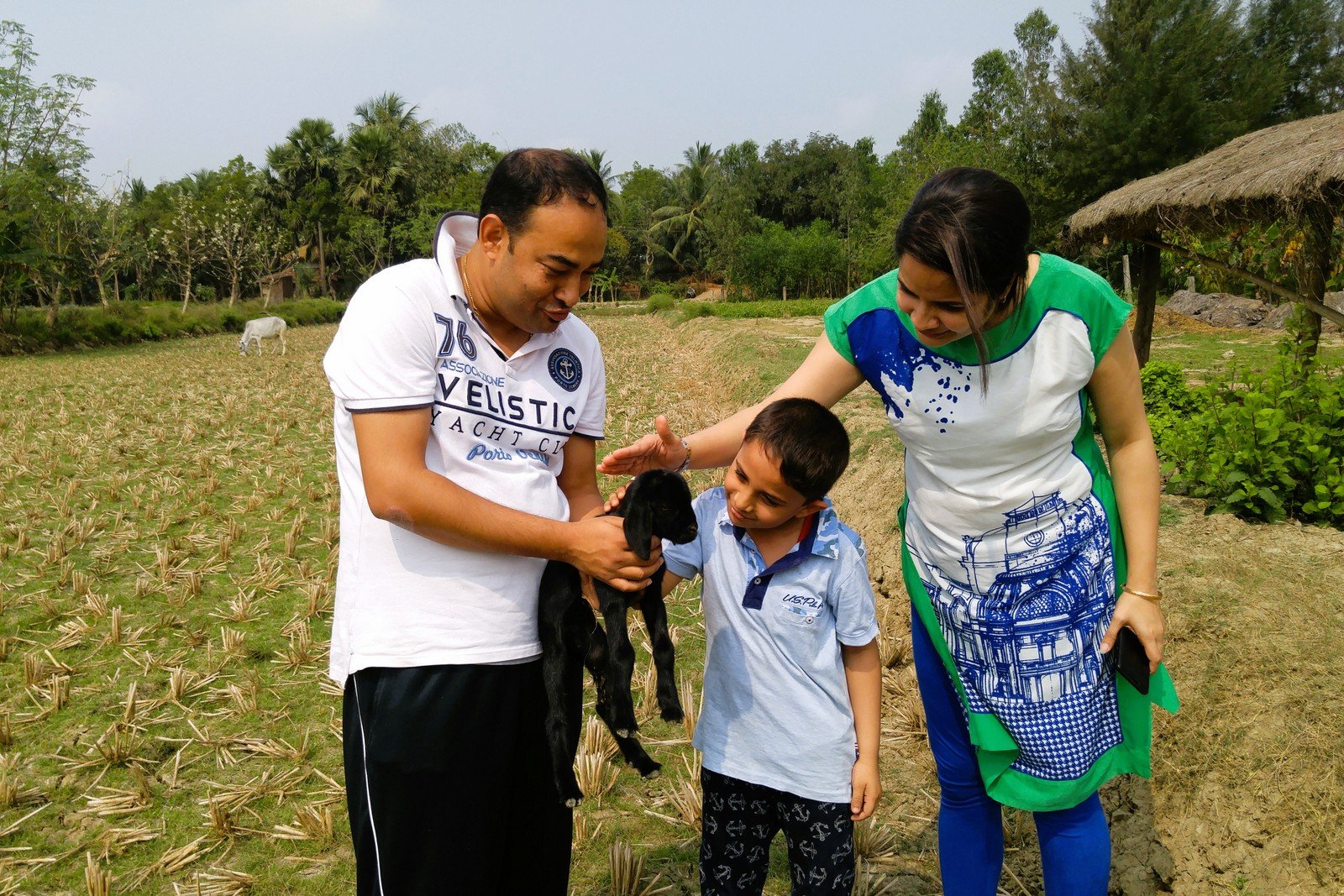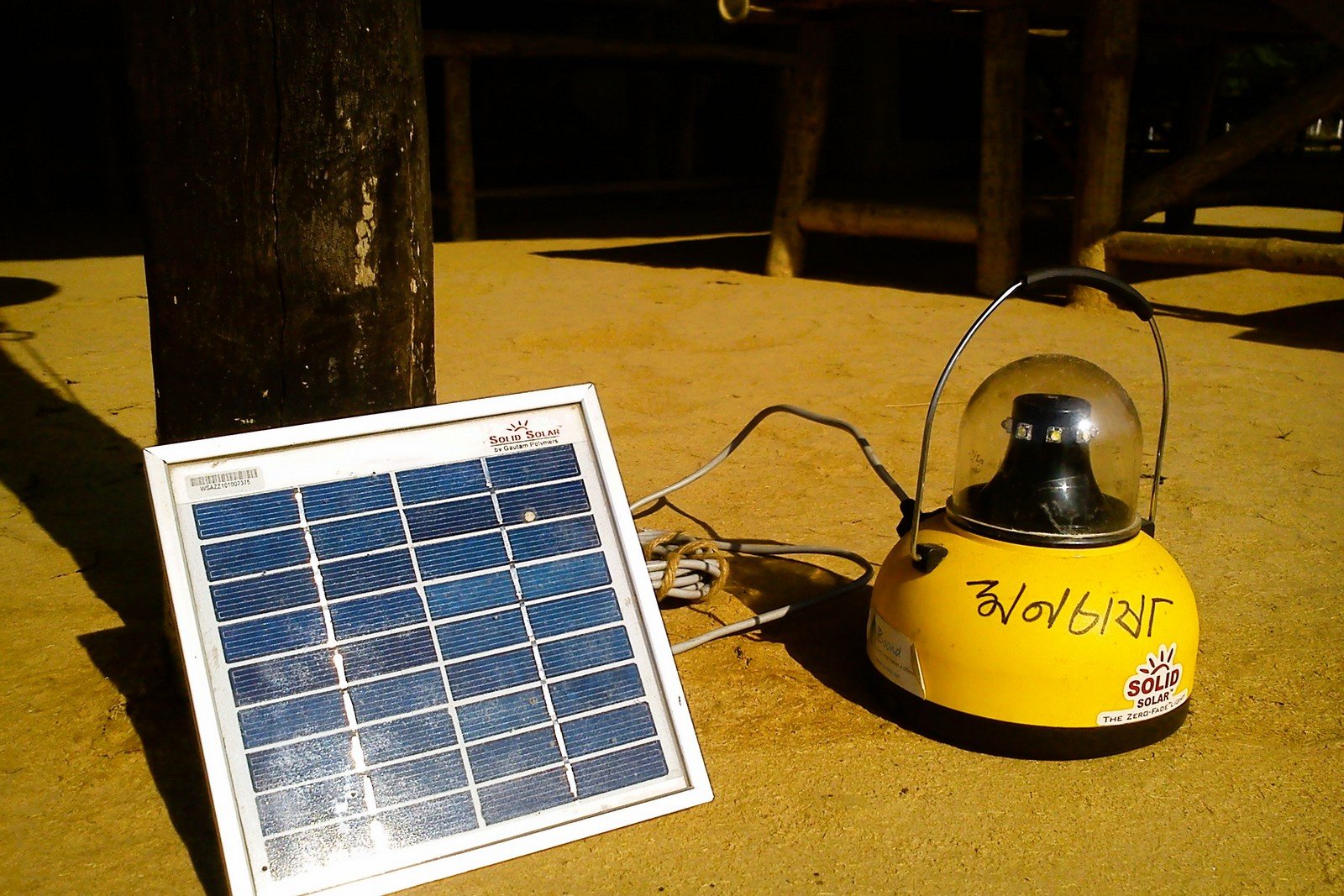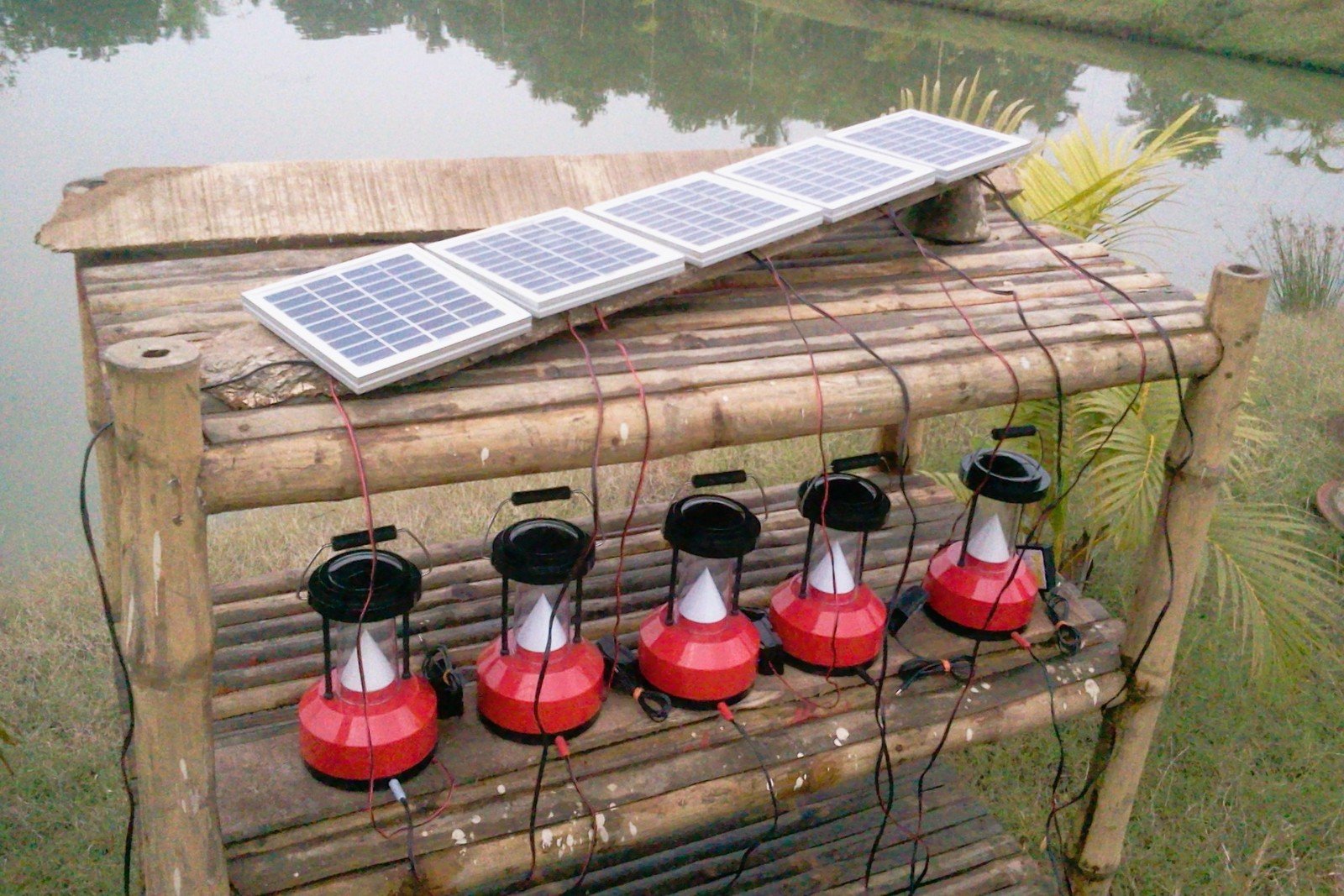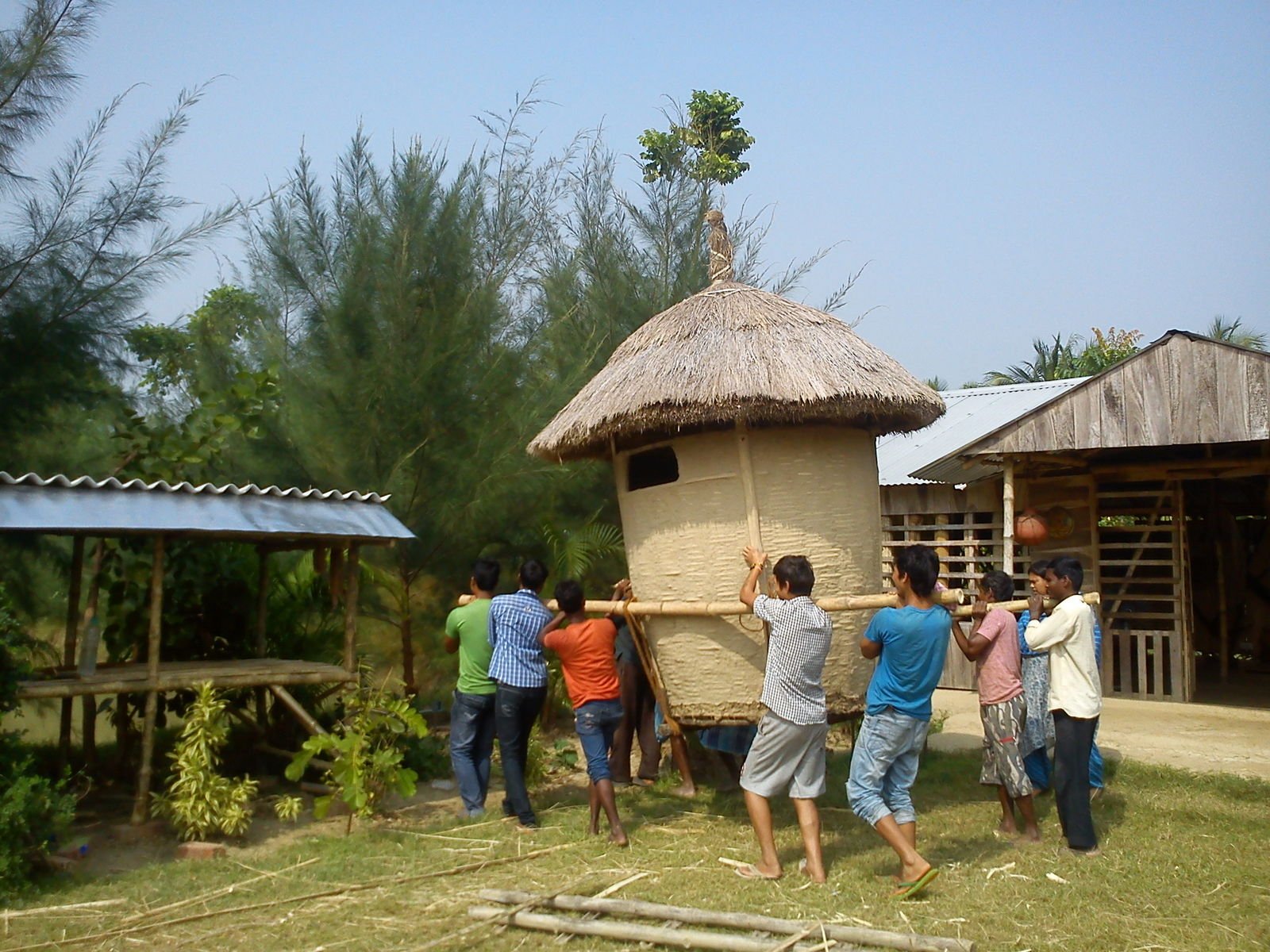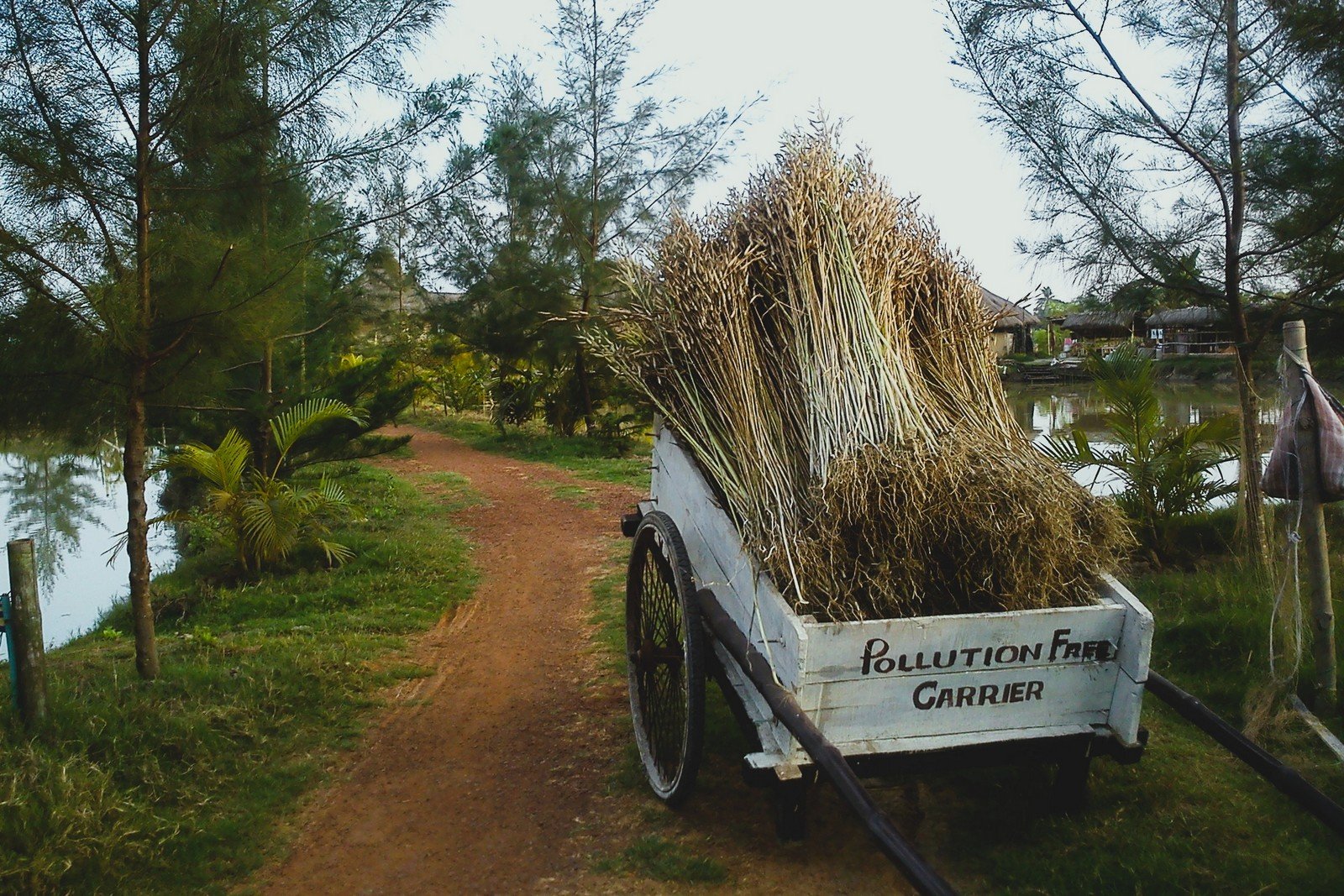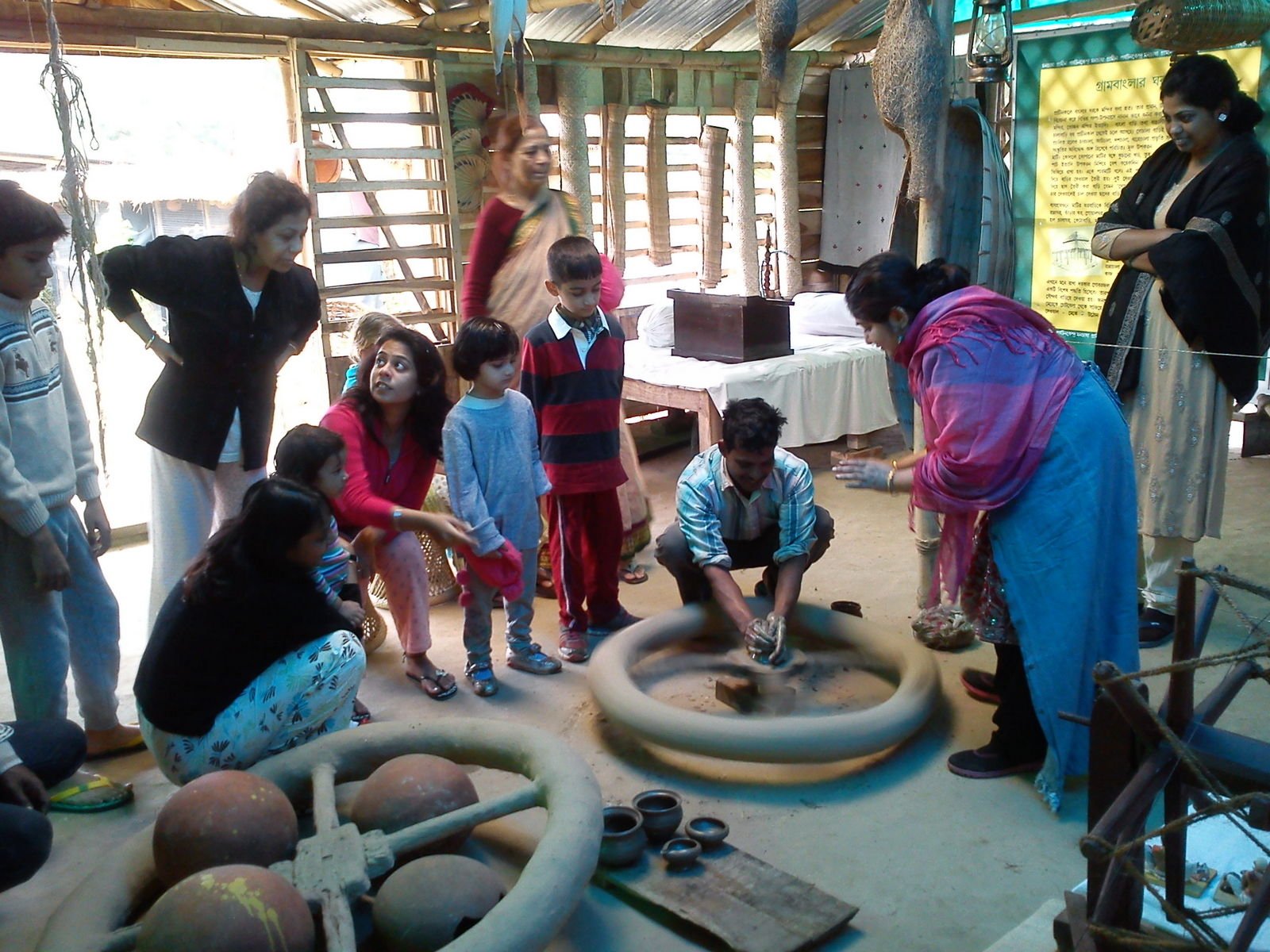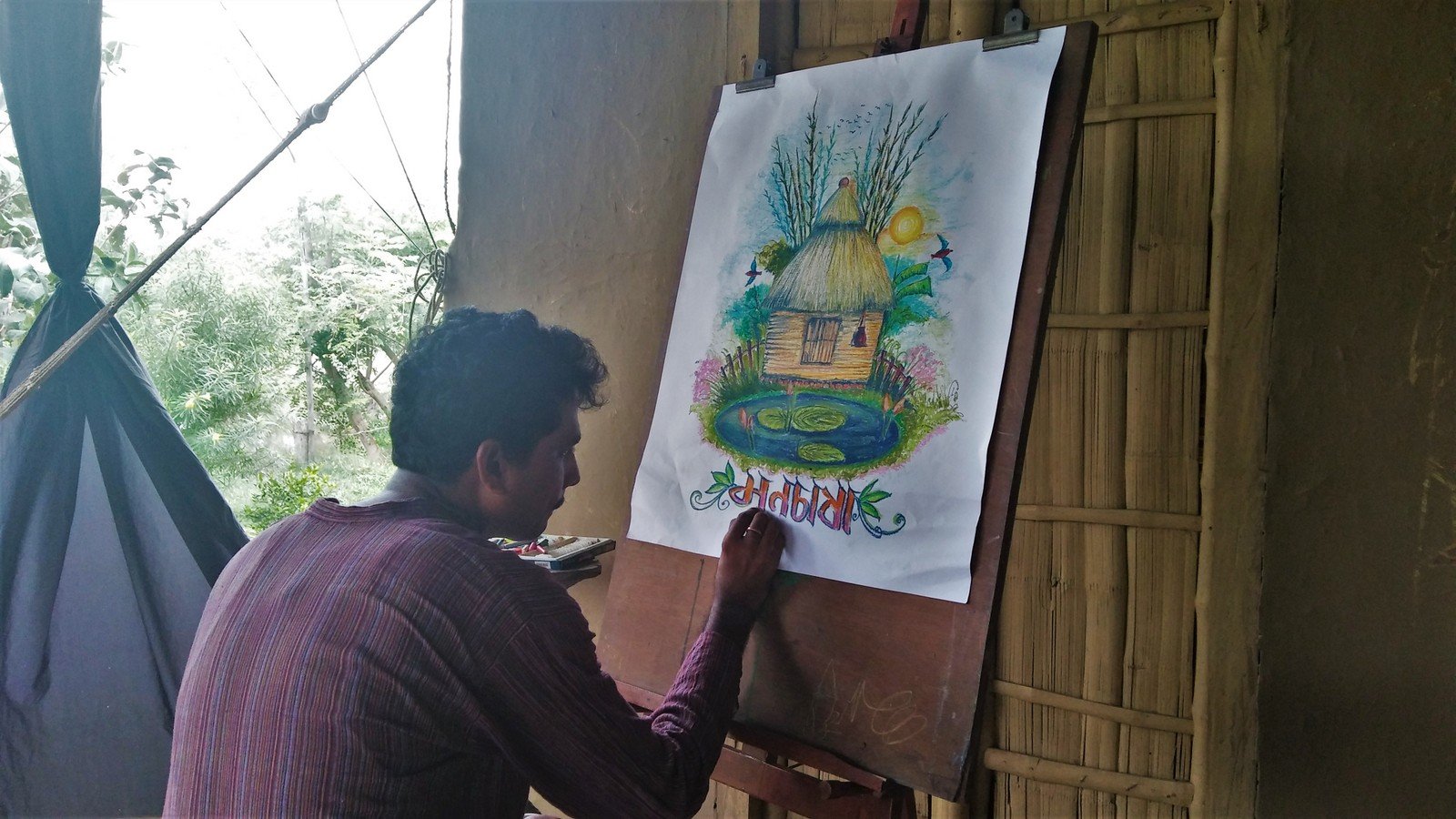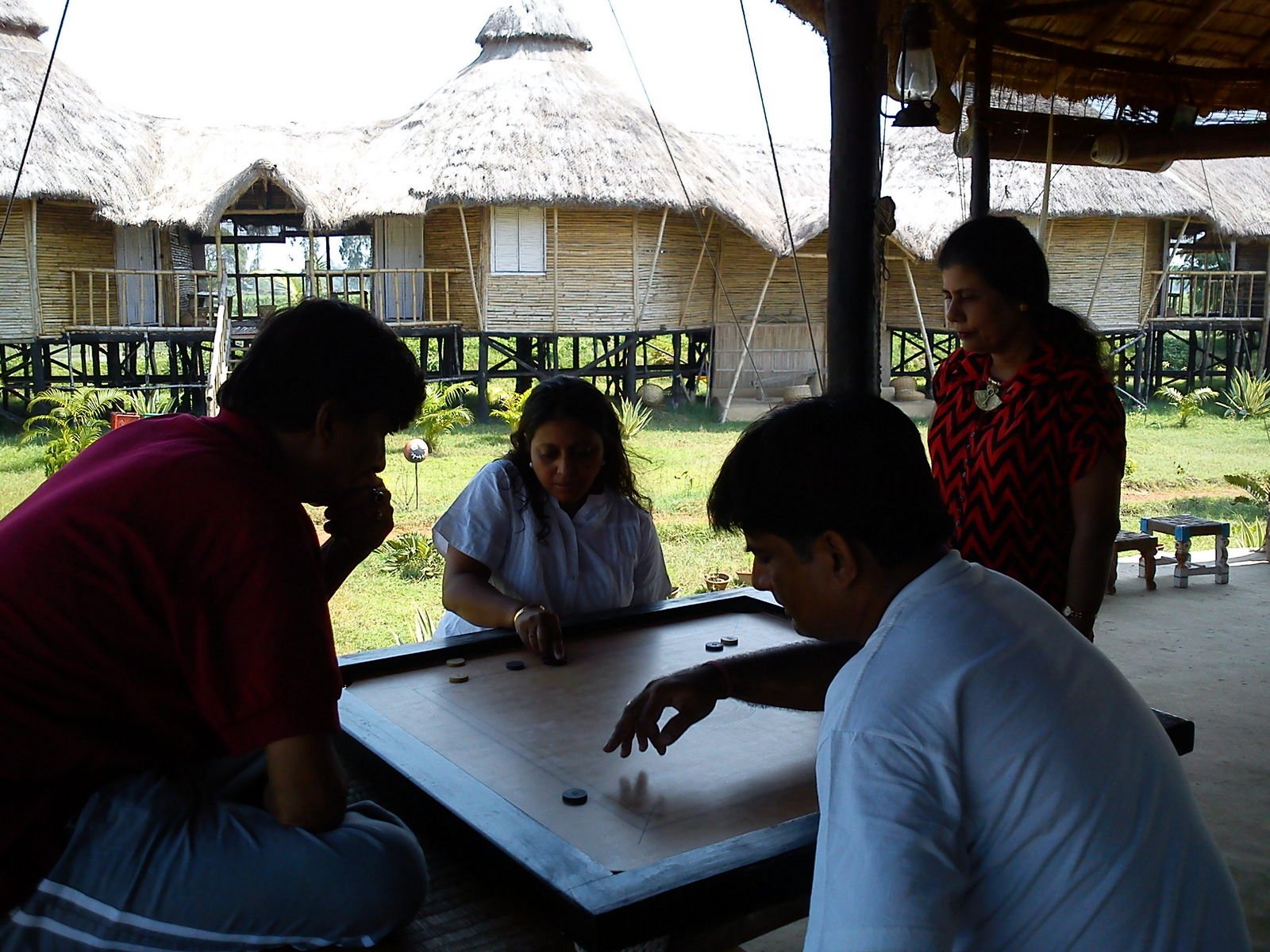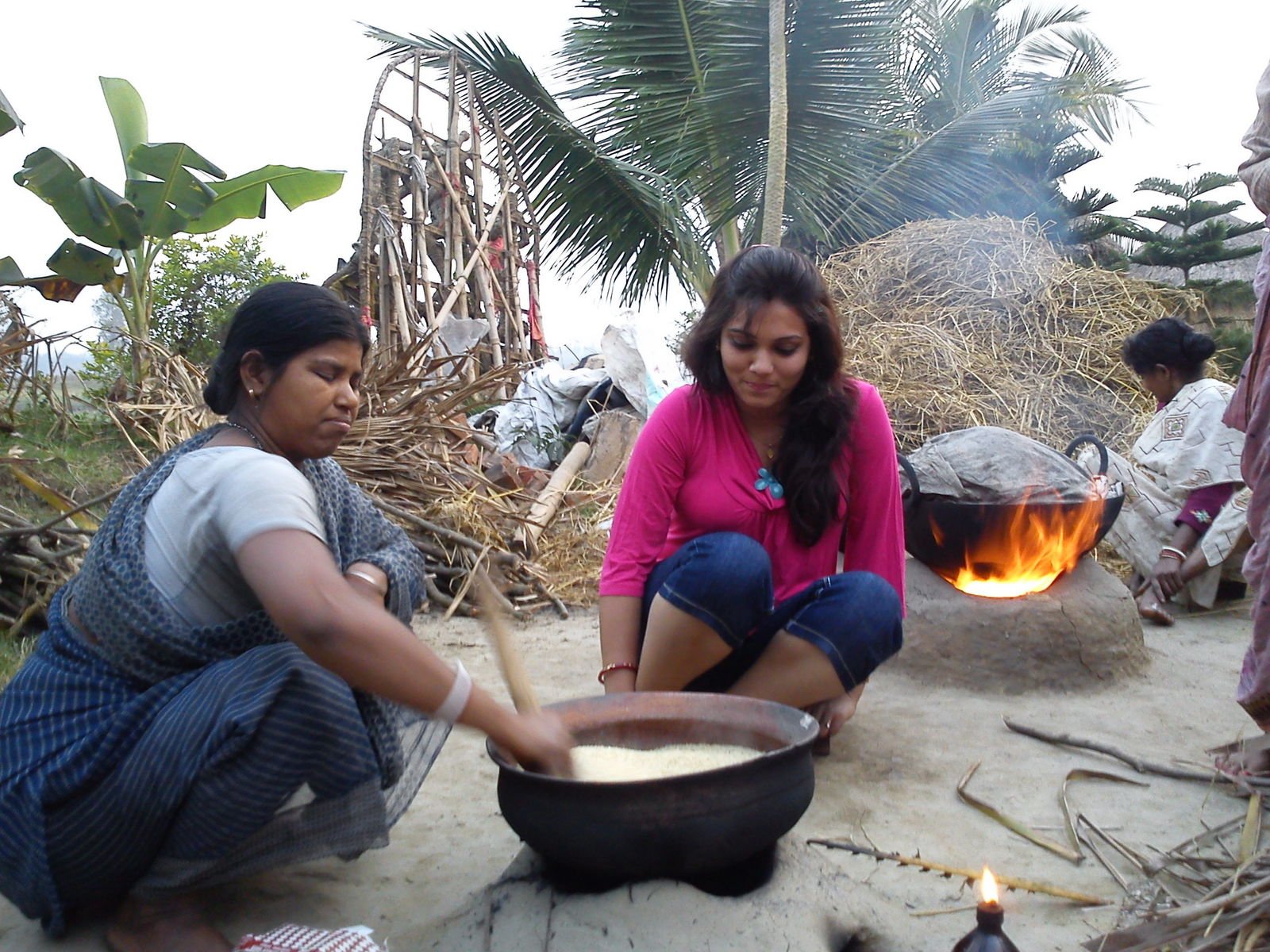Green Building
Yes, We support green building practices. These practices focus on being kind to the environment, from when we plan a building to when we take it down. A big idea is that sometimes not building at all is better for the environment than even the greenest building. One of the important rule of making a green building is to be mindful of the environment throughout.
We have used smart design and unique practices to minimize our impact on the environment and inspire others in the industry to take similar actions. As a result, MonChasha has been recognized as a trailblazer in eco-tourism here.
Yes, We support green building practices. These practices focus on being kind to the environment, from when we plan a building to when we take it down. A big idea is that sometimes not building at all is better for the environment than even the greenest building. One of the important rule of making a green building is to be mindful of the environment throughout.
We have used smart design and unique practices to minimize our impact on the environment and inspire others in the industry to take similar actions. As a result, MonChasha has been recognized as a trailblazer in eco-tourism here.
Organic Cultivation
For thousands of years, agriculture thrived without artificial chemicals. In the mid-19th century, artificial fertilizers emerged, bringing cheap and potent solutions. The next era is marked as 'pesticide era' with chemical pesticides advancing. Despite short-term benefits, these techniques caused long-term issues like soil compaction and fertility decline, posing health concerns. In response, soil scientists in the late 1800s sought a remedy, leading to the rise of organic cultivation. Organic agriculture, crucial for Monchasha, prioritizes soil, ecosystems, and people's health. It relies on ecological processes and biodiversity, avoiding harmful inputs.
For thousands of years, agriculture thrived without artificial chemicals. In the mid-19th century, artificial fertilizers emerged, bringing cheap and potent solutions. The next era is marked as 'pesticide era' with chemical pesticides advancing. Despite short-term benefits, these techniques caused long-term issues like soil compaction and fertility decline, posing health concerns. In response, soil scientists in the late 1800s sought a remedy, leading to the rise of organic cultivation. Organic agriculture, crucial for Monchasha, prioritizes soil, ecosystems, and people's health. It relies on ecological processes and biodiversity, avoiding harmful inputs.
Waste management
Waste management, from its start to the final disposal, involves activities like collecting, transporting, treating, and monitoring waste. This covers all types of waste, from raw material extraction to product consumption in various activities like residential, commercial, agricultural, and healthcare. Waste management aims to minimize harmful effects on health, the environment, and aesthetics.
Segregating waste is crucial, and we've initiated programs at the grassroots level.MonChasha uses various sustainable practices.
Waste management, from its start to the final disposal, involves activities like collecting, transporting, treating, and monitoring waste. This covers all types of waste, from raw material extraction to product consumption in various activities like residential, commercial, agricultural, and healthcare. Waste management aims to minimize harmful effects on health, the environment, and aesthetics.
Segregating waste is crucial, and we've initiated programs at the grassroots level.MonChasha uses various sustainable practices.
Grey Water Harvesting
Greywater, originating from showers, baths, hand basins, and washing machines, excludes water from toilets, kitchen sinks, or dishwashers, classified as black water. Essentially, it's wastewater from domestic sources, excluding toilet waste. Greywater is safer and easier to treat than regular wastewater, making it suitable for reuse in various non-potable applications like toilet flushing, landscape irrigation, and crop watering. The key sources of greywater are sinks, showers, baths, and laundry machines. It carries fewer pathogens, enhancing its safety and treatment efficiency.
Greywater, originating from showers, baths, hand basins, and washing machines, excludes water from toilets, kitchen sinks, or dishwashers, classified as black water. Essentially, it's wastewater from domestic sources, excluding toilet waste. Greywater is safer and easier to treat than regular wastewater, making it suitable for reuse in various non-potable applications like toilet flushing, landscape irrigation, and crop watering. The key sources of greywater are sinks, showers, baths, and laundry machines. It carries fewer pathogens, enhancing its safety and treatment efficiency.
Rain Water Harvesting
Rainwater harvesting, a practice of collecting and storing rainwater for various uses, is a simple yet ancient method. It involves gathering rain from rivers or roofs, redirecting it to reservoirs, wells, or boreholes. This water, when treated, can serve purposes like gardening, livestock, irrigation, and even drinking. This age-old technique, often user-financed, involves collecting rainwater in natural reservoirs or tanks, preventing surface runoff or allowing it to infiltrate aquifers. Rooftop harvesting is a common method. Rainwater harvesting acts as an independent water source during water restrictions, aids in droughts, reduces flooding,
Rainwater harvesting, a practice of collecting and storing rainwater for various uses, is a simple yet ancient method. It involves gathering rain from rivers or roofs, redirecting it to reservoirs, wells, or boreholes. This water, when treated, can serve purposes like gardening, livestock, irrigation, and even drinking. This age-old technique, often user-financed, involves collecting rainwater in natural reservoirs or tanks, preventing surface runoff or allowing it to infiltrate aquifers. Rooftop harvesting is a common method. Rainwater harvesting acts as an independent water source during water restrictions, aids in droughts, reduces flooding,
Alternate Power
Alternative energy, defined as energy derived without depleting natural resources or causing environmental harm, is often synonymous with renewable energy. Examples include wind, solar, biomass, wave, and tidal energy. At Monchasha Rural Tourism, a crucial focus is on alternate power generation, and solar energy takes center stage. We have used low watt lamps to lit our pathways. This lighting is subtle and does not disturb night animals in the area.
As a result, our thoughtful design brings guests closer to nature and has allowed them to witness many animal & bird sightings, including fishing cat, fox, etc.
Alternative energy, defined as energy derived without depleting natural resources or causing environmental harm, is often synonymous with renewable energy. Examples include wind, solar, biomass, wave, and tidal energy. At Monchasha Rural Tourism, a crucial focus is on alternate power generation, and solar energy takes center stage. We have used low watt lamps to lit our pathways. This lighting is subtle and does not disturb night animals in the area.
As a result, our thoughtful design brings guests closer to nature and has allowed them to witness many animal & bird sightings, including fishing cat, fox, etc.
Our Responsible Practices
In our pursuit of responsible tourism, every measure taken at our property reflects a commitment to environmental conservation and community well-being. The distance of our parking area from the property is intentional, minimizing both sound and air pollution, creating a tranquil atmosphere for our guests. When selecting spots for our project, not a single tree is felled. Instead, this was a barren field where we planted indigenous plants, contributing to the lush green cover of the earth and preserving the natural habitat. Local materials are employed in constructing cottages, supporting the regional economy and preserving the traditional architectural essence.
In our pursuit of responsible tourism, every measure taken at our property reflects a commitment to environmental conservation and community well-being. The distance of our parking area from the property is intentional, minimizing both sound and air pollution, creating a tranquil atmosphere for our guests. When selecting spots for our project, not a single tree is felled. Instead, this was a barren field where we planted indigenous plants, contributing to the lush green cover of the earth and preserving the natural habitat. Local materials are employed in constructing cottages, supporting the regional economy and preserving the traditional architectural essence.
So much to do and see!
At Monchasha, there is so much to see and do on our estate. You can choose to enjoy it in your own company or in the company of others. Immerse yourself in the beauty of our natural surroundings on one of our mapped walks. Give yourself plenty of time here because the spectacular surrounding will continuously draw you in.
